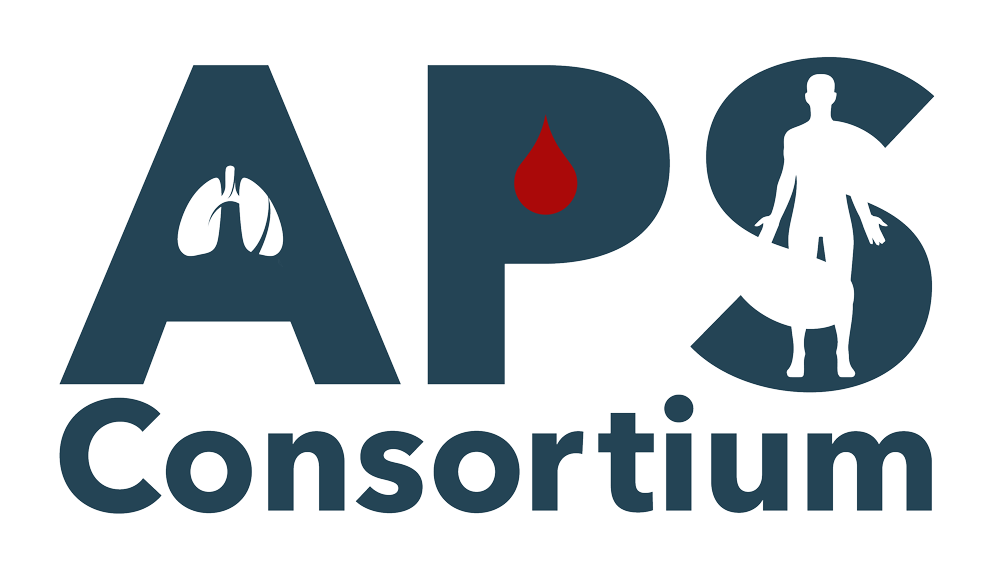The goal of the APS Consortium is to support the development of deeper mechanistic understanding of critical illness syndromes to facilitate precision-based therapies that will curtail the devastating morbidity and mortality caused by ARDS, pneumonia and sepsis.
About
 The overarching goal of the APS Consortium funded under RFA-HL-23-001 and RFA-HL-23-002 is to support the development of deeper mechanistic understanding of critical illness syndromes to facilitate precision-based therapies that will curtail the devastating morbidity and mortality caused by ARDS, pneumonia and sepsis. To achieve this goal, the consortium will conduct a longitudinal cohort study of adults hospitalized in the United States with ARDS, pneumonia and/or sepsis, and collect multidimensional data and biospecimens during index hospitalization. A subset of patients will be followed up for up to one year. Patient recruitment is expected to begin in 2024. These data and biospecimens will be used to complete approved APS studies to enhance our understanding of the mechanistic basis of these syndromes and shared with investigators for potential ancillary studies during the active phase of the APS study. Investigators from both inside and outside of the APS Consortium will have equal access to data and biospecimens for the purposes of ancillary studies.
The overarching goal of the APS Consortium funded under RFA-HL-23-001 and RFA-HL-23-002 is to support the development of deeper mechanistic understanding of critical illness syndromes to facilitate precision-based therapies that will curtail the devastating morbidity and mortality caused by ARDS, pneumonia and sepsis. To achieve this goal, the consortium will conduct a longitudinal cohort study of adults hospitalized in the United States with ARDS, pneumonia and/or sepsis, and collect multidimensional data and biospecimens during index hospitalization. A subset of patients will be followed up for up to one year. Patient recruitment is expected to begin in 2024. These data and biospecimens will be used to complete approved APS studies to enhance our understanding of the mechanistic basis of these syndromes and shared with investigators for potential ancillary studies during the active phase of the APS study. Investigators from both inside and outside of the APS Consortium will have equal access to data and biospecimens for the purposes of ancillary studies.
To inquire about access to APS Consortium data and/or biospecimens, please contact aps_consortium@vumc.org for additional information.
Thinking of Participating?
Patient recruitment is expected to begin in 2024.
Study Locations to be determined.

